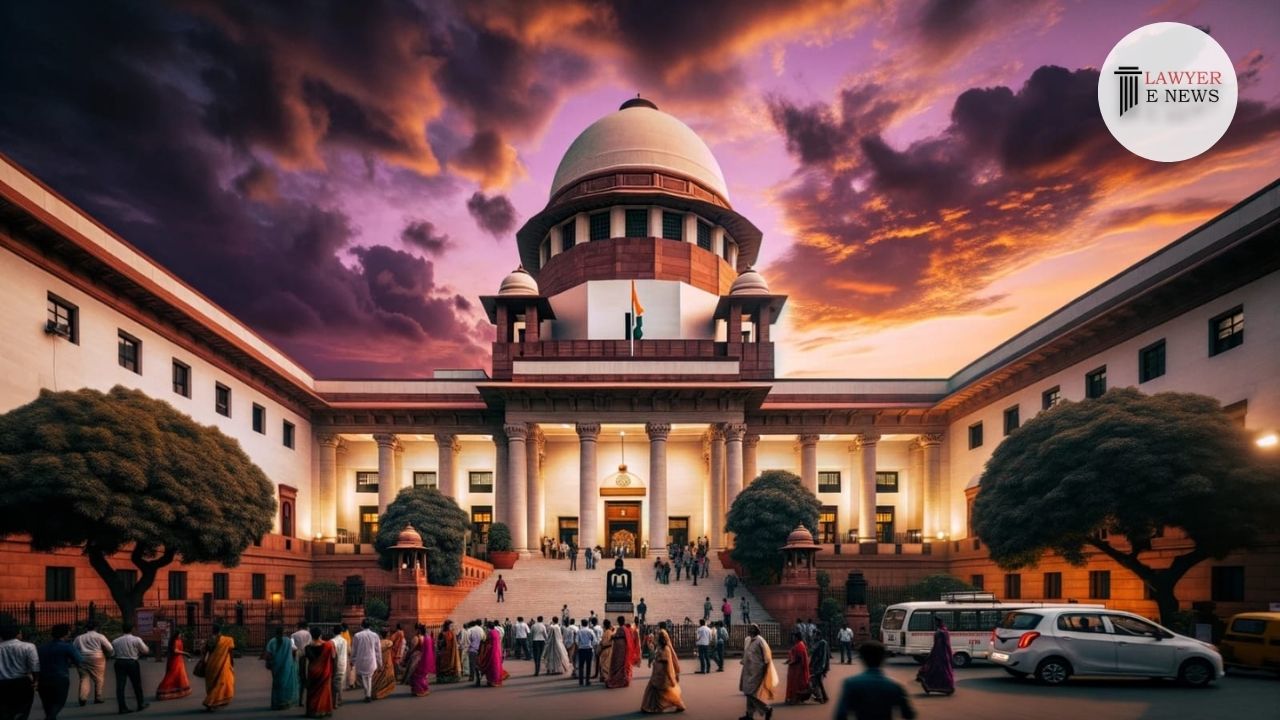-
by Admin
16 February 2026 1:47 PM



In a significant decision, the Supreme Court of India has overturned the High Court's judgment and reinstated the Trial Court's ruling in a case pertaining to the readiness and willingness of a buyer for specific performance. The judgment, delivered by Justices M.R. Shah and B.V. Nagarathna, emphasized the importance of considering the evidence on record and criticized the High Court for reversing the Trial Court's findings.
The dispute arose when the appellant, Basavaraj, filed a suit for specific performance after the respondent, Padmavathi, failed to execute the sale deed for a land transaction. The Trial Court had decreed the suit in favor of Basavaraj, acknowledging his readiness and willingness to fulfill his contractual obligations. However, the High Court overturned this decision, alleging that Basavaraj had not provided sufficient evidence of his financial capacity to pay the balance sale consideration.
The Supreme Court, upon thorough examination, concluded that the High Court had erred in reversing the Trial Court's findings. The Court highlighted the various pieces of evidence presented by Basavaraj, including the averments in the plaint, statements in the suit notice, deposition of the plaintiff, and testimonies of witnesses. Notably, the plaintiff's deposition revealed that he had approached the respondent with the balance sale consideration on multiple occasions, and witnesses corroborated this fact. Furthermore, the receipt of earnest money was established, and the plaintiff had deposited the balance sale consideration with the Trial Court.
The Supreme Court referred to earlier judgments to support its decision. It cited the case of Indira Kaur and Ors. Vs. Sheo Lal Kapoor (1988) 2 SCC 488, which held that no adverse inference can be drawn against the buyer for not producing specific financial evidence. Additionally, the Court relied on the case of Beemaneni Maha Lakshmi Vs. Gangumalla Appa Rao (2019) 6 SCC 233, which stated that failure to demonstrate immediate availability of funds does not negate the buyer's readiness and willingness.
Supreme Court quashed and set aside the High Court's judgment and restored the Trial Court's judgment and decree for specific performance. However, to ensure complete justice, the Court directed Basavaraj to pay an additional sum of Rs. 10 lakhs to the respondent within eight weeks. Once the payment is made, the respondent must execute the sale deed within two weeks. Moreover, the respondent is permitted to withdraw the amount deposited by Basavaraj earlier, along with accrued interest.
Date of Decision: January 5, 2023
Basavaraj VS Padmavathi & Anr.
